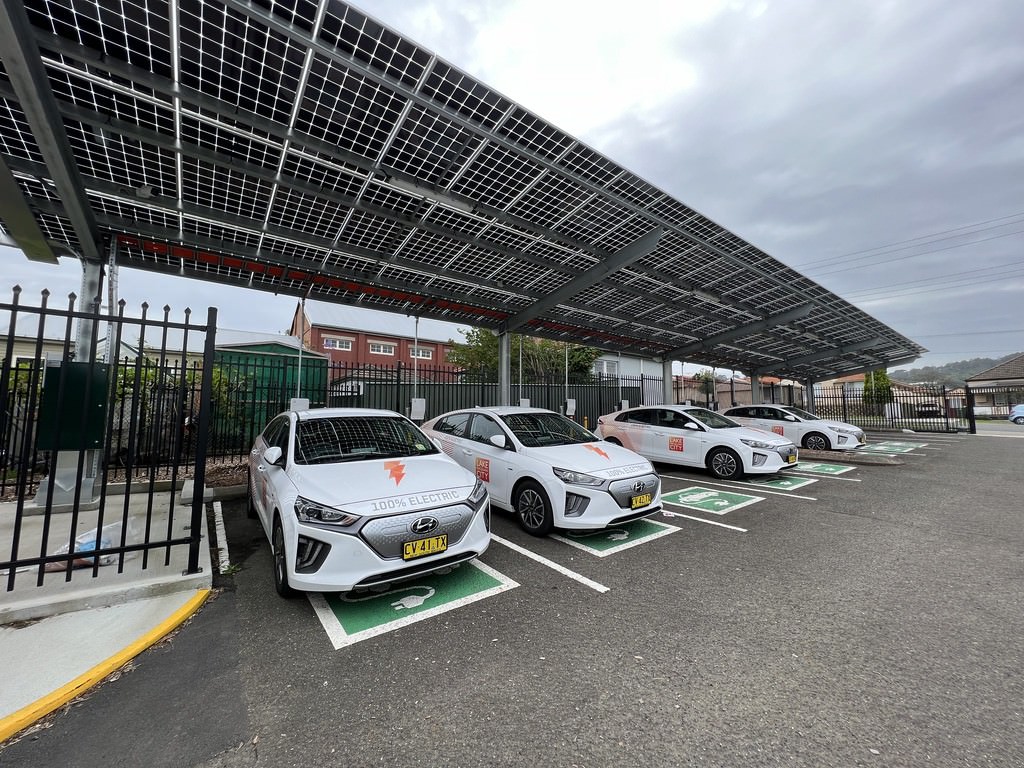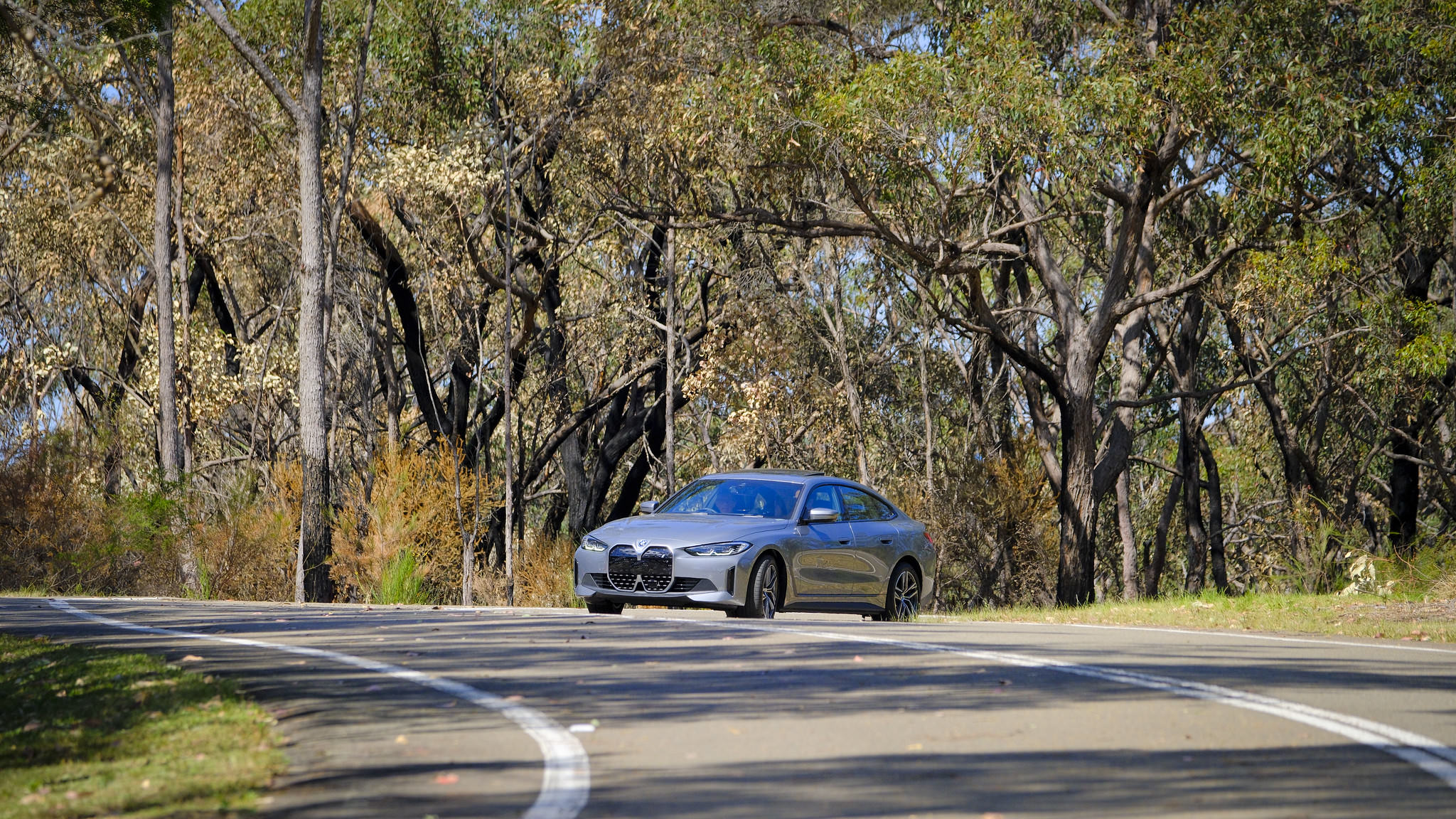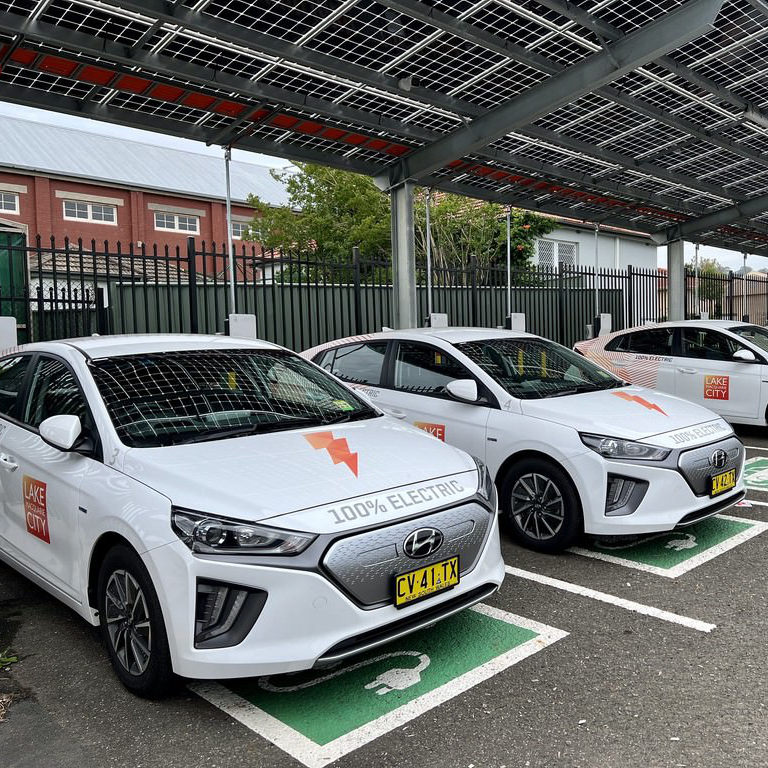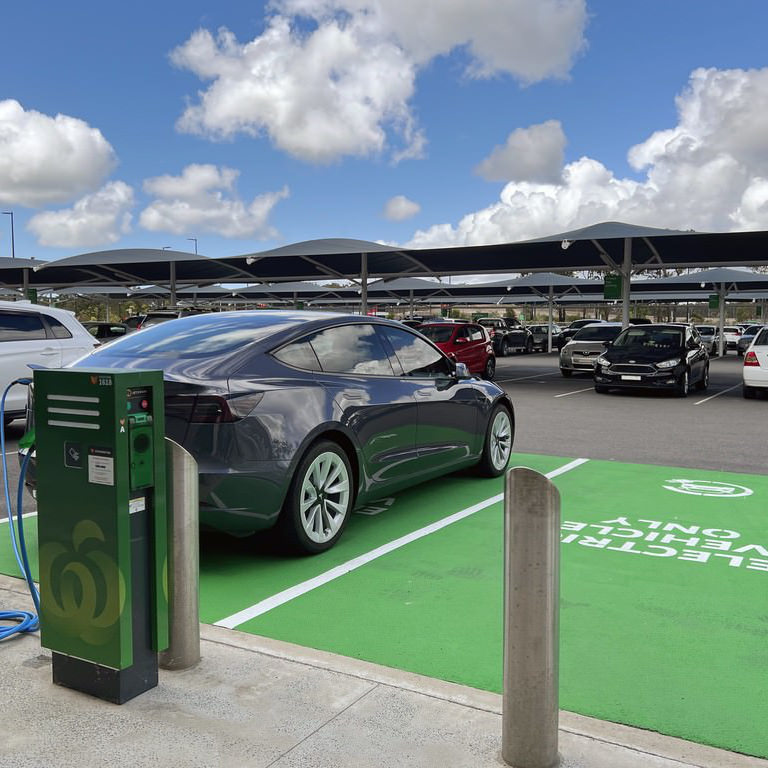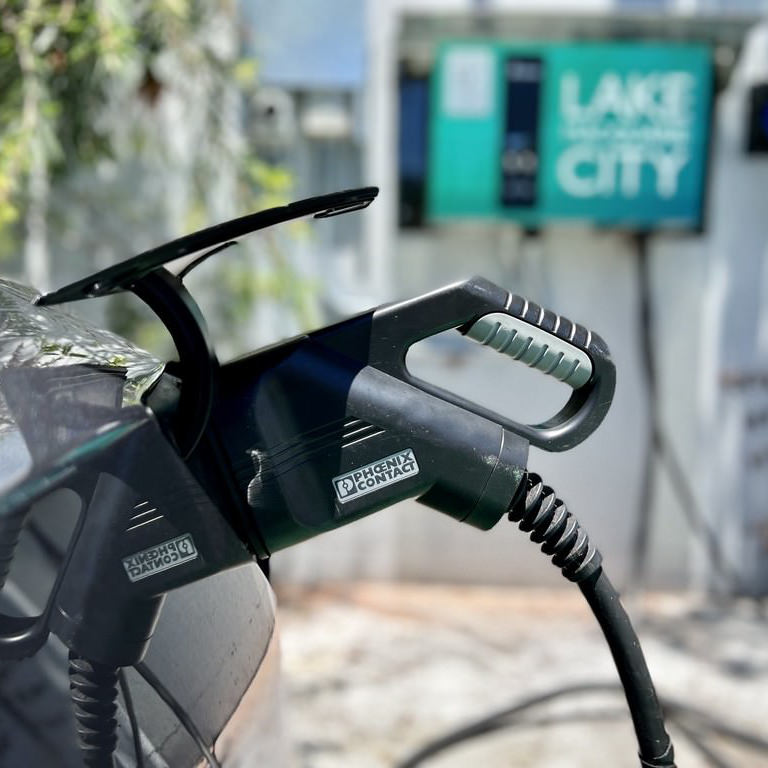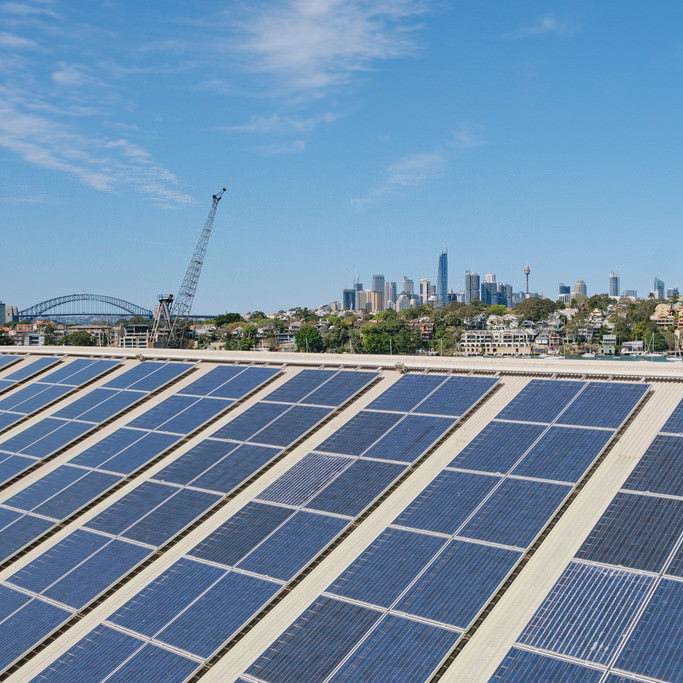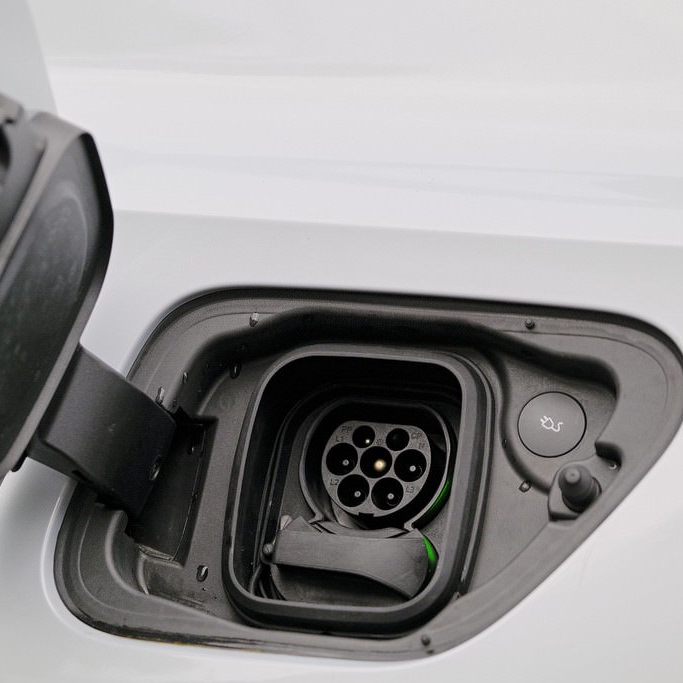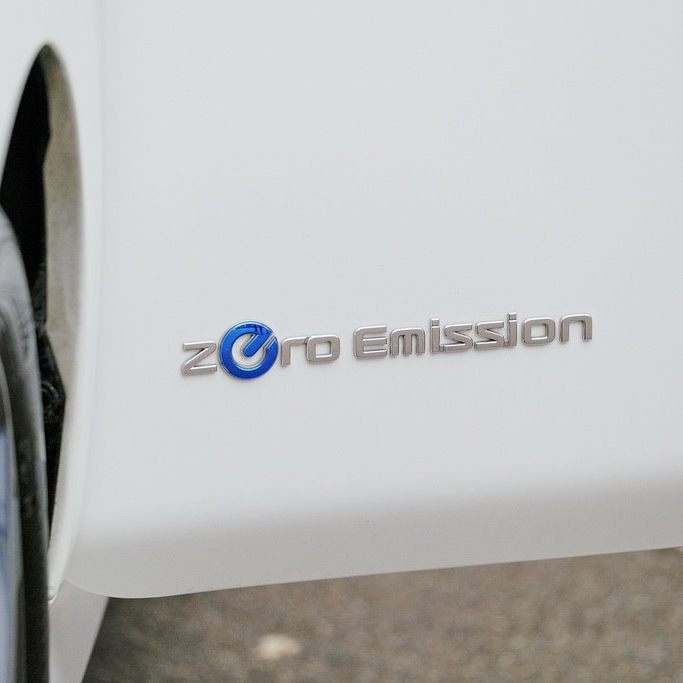February 2024
Innovations and developments in the EV sector are accelerating in Oz, with a tradie demonstrating the cost-effectiveness of electric diggers towed by a Tesla, signifying a shift towards greener construction practices. NewVolt is set to transform Australian truck stops with a new EV charging network, while China's Radar electric ute enhances its appeal with all-wheel drive and increased power. Various firms are entering Australia's competitive EV charging market, with Subaru reportedly planning an electric Forester. A pioneering project might enable wireless charging for EVs on roads, amidst revelations that traditional cars are less efficient than advertised. Solar panels are being explored as bushfire early warning systems, and home solar systems alongside EVs could generate significant savings by 2040. With one in four Australians considering an EV for their next purchase, Volvo is pushing the envelope with its advanced charging centre dedicated to new technologies, aiming to cut CO2 emissions by 75%. Public high-power EV charging costs are scrutinized, hydrogen power faces setbacks, and myths around fuel efficiency standards are challenged. Volkswagen and Hyundai back the Vehicle Efficiency Standard amidst industry discussions. Rivian's electric pickup faces hurdles in Australia, as the country moves towards adopting emissions standards, potentially making EVs more affordable. The Kia EV5 is set to challenge the Tesla Model Y with a lower price point, addressing charger anxiety among EV owners. Despite increased EV sales, summer charging queues have decreased, indicating improvements in infrastructure and user experience.
See News